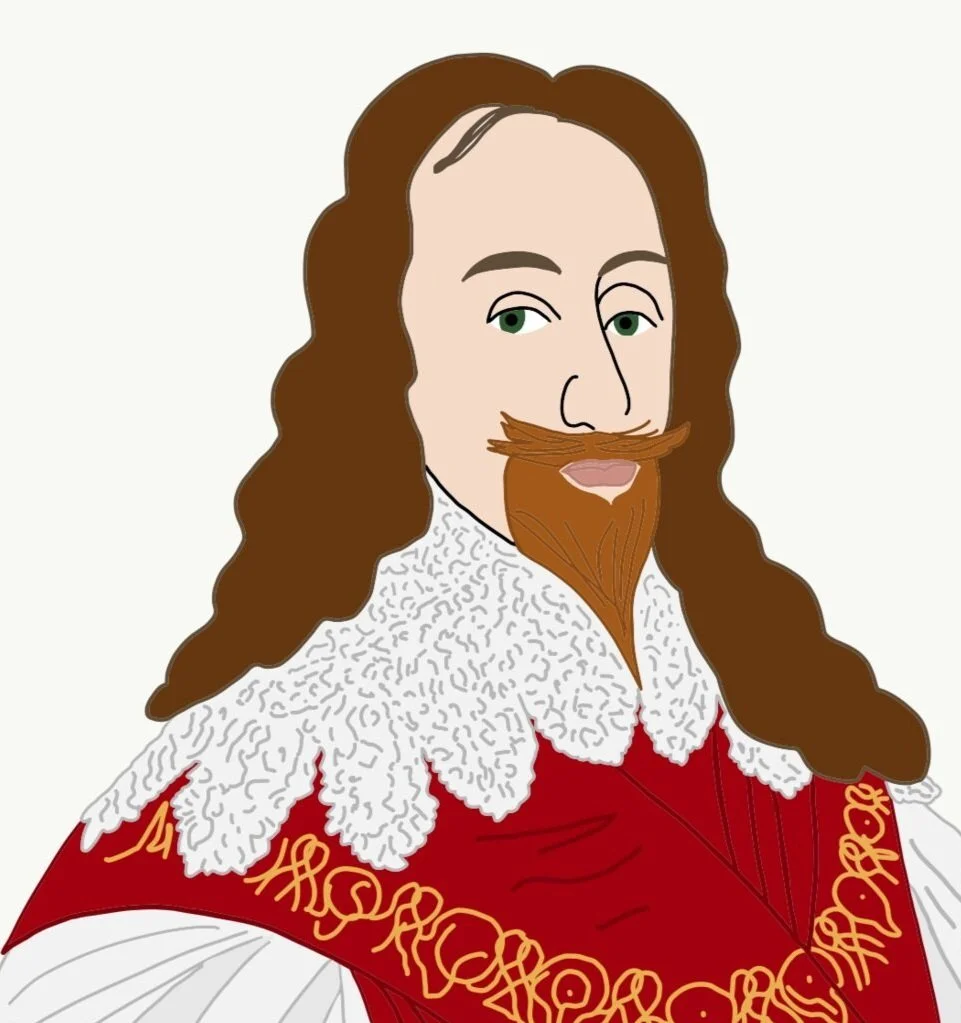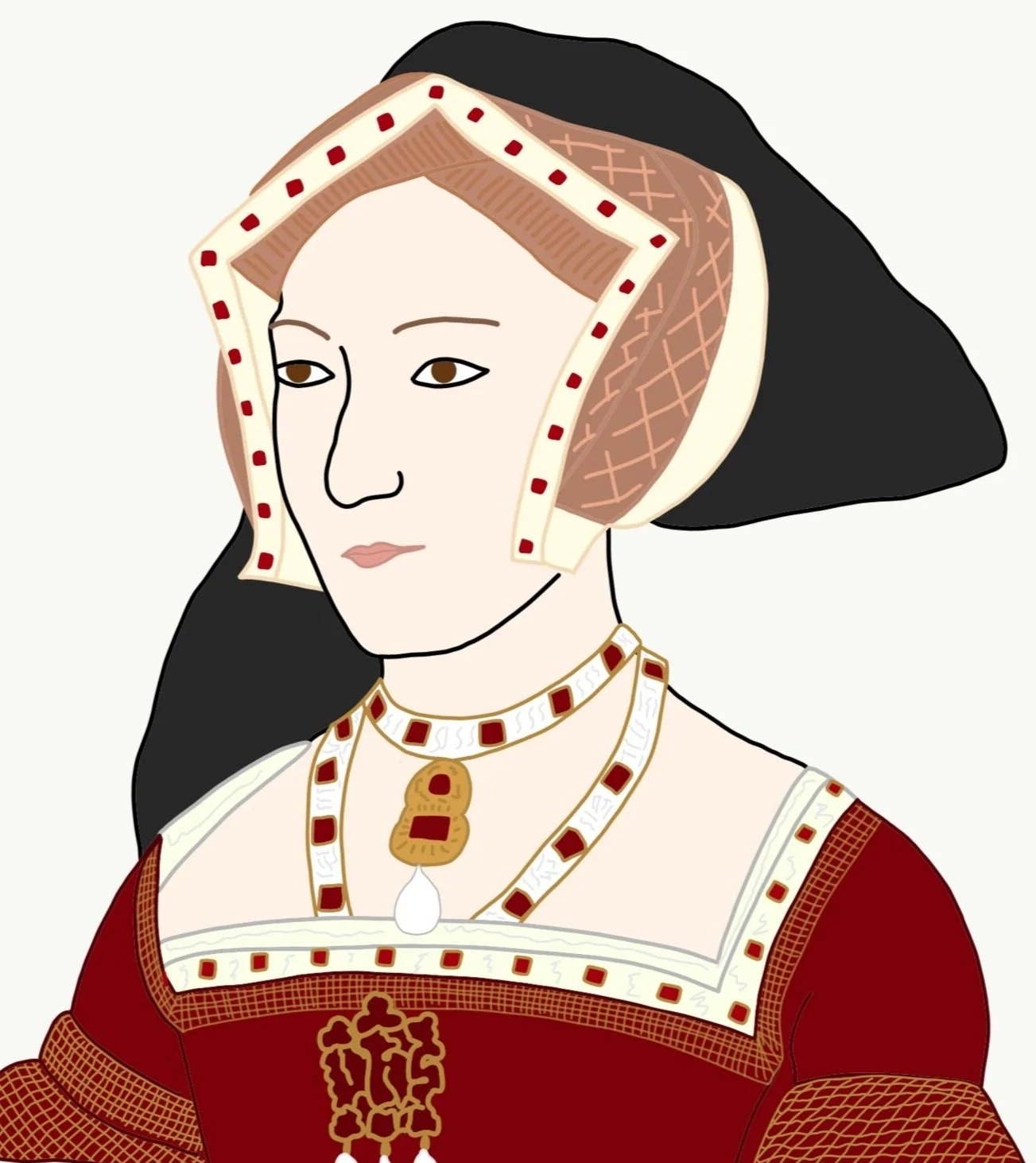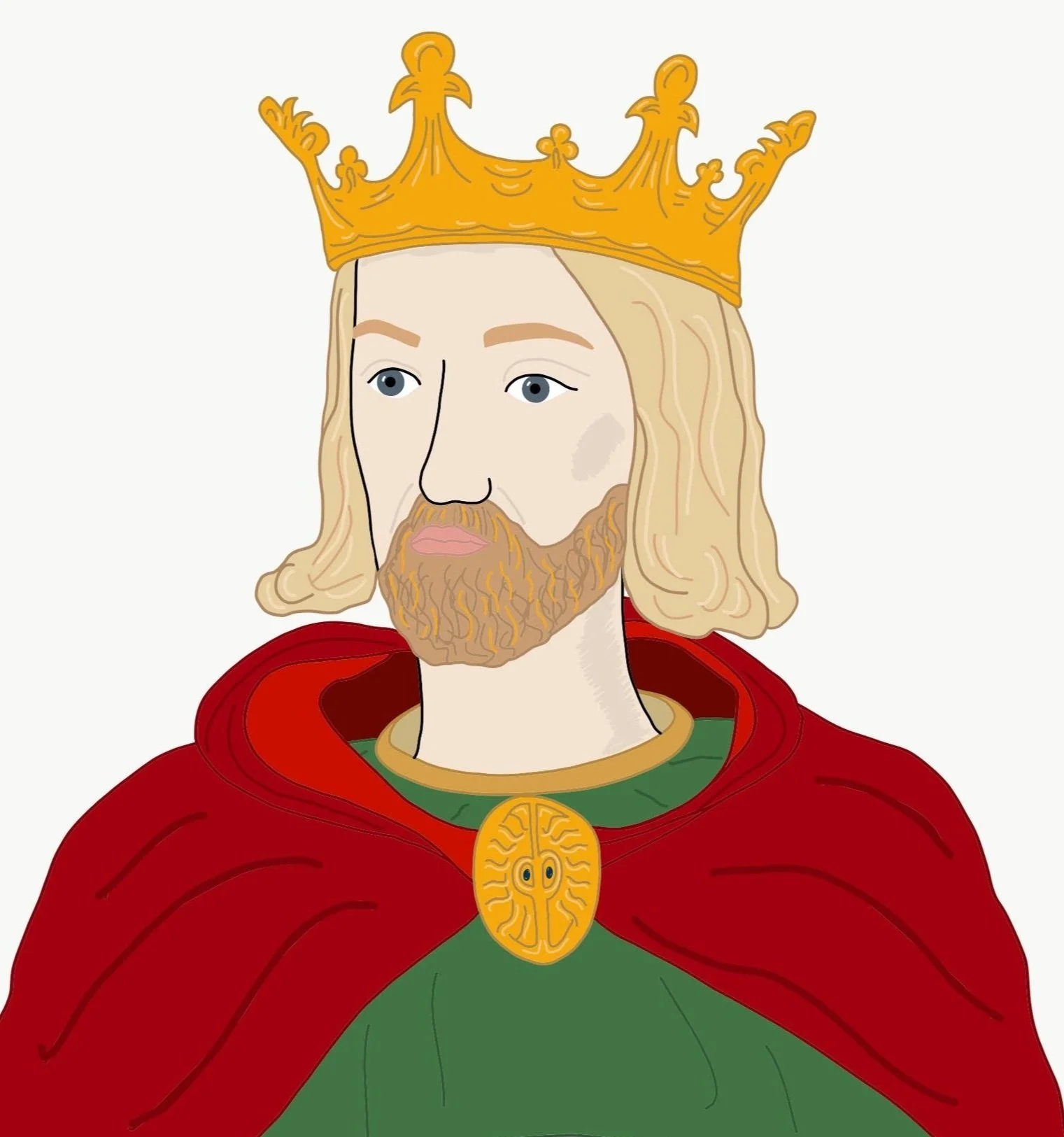October 21st - 27th
On 21st October…
1805 - Admiral Horatio Nelson died at sea in the Battle of Trafalgar. Nelson was a famous Commander of the Royal Navy, he led the British to victory in many battles, including the Battle of Trafalgar which was won on this day. A famous staute of him stands 51.6m high in the centre of Trafalgar Square in London.
1833 - Alfred Nobel, the Swedish chemist who invented dynamite and founded the Nobel Prizes was born in Stockholm, Sweden.
Florence Nightingale sets off for Crimea
1854 - Florence Nightingale left London to tend to the wounded soldiers in the Crimean War. She was given the nickname of ‘the lady with the lamp’ by the wounded soldiers whilst working there because she continued to tend to them by lamplight during the night. Florence Nightingale also improved conditions of the hospital and is the founder of modern nursing in Britain.
1966 - A major disaster struck the Welsh mining village of Aberfan when a colliery spoil tip slid downhill and covered a local primary school. The spoil tip full of coal slurry (a mixture of crushed coal and water) was nearly 35 metres tall and contained nearly 230,000 cubic metres of waste. It became more and more dangerous following days and weeks of heavy rain which caused the spoil tip to collapse and form a landslide. The landslide rushed down the mountainside and towards the village school destroying two farm cottages along the way. In total 144 people died in the tragedy, 116 of them were children who were in school at the time.
On 22nd October…
1877 - Disaster struck at the Blantyre Mine in Scotland. High Blantyre was a mining village near to Glasgow whose mine suffered a huge explosion which killed over 200 men and boys, leaving behind 106 widows, 300 fatherless children and 50 dependent relatives. It remains the worst mining disaster in Scottish history.
On 23rd October…
Charles I defeats the Parliamentarians but fails to get London
1642 - The Battle of Edgehill took place in Warwickshire at the beginning of the English Civil War. King Charles I and his army beat the Parliamentarian forces but failed to get to London first. Instead, Charles I and his army took control of the towns of Banbury and Brentford first which allowed his opponents, the Parliamentarians to reach London and increase their support and forces in the capital city.
King Charles I was forced to make Oxford the centre of his headquarters.
1940 - Edson Arantes do Nascimento better known as Pele was born in Brazil. He grew up to become their most famous footballer Pele was voted Footballer of the Century and scored 1,281 goals in the 1,363 games he played.
On 24th October…
Henry VIII left distraught when his beloved wife dies
1537 - Jane Seymour, the third wife of King Henry VIII, died just days after giving birth to Henry’s much wanted son Prince Edward.
1945 - The United Nations charter came into effect. The United Nations are a group of 193 Member States that join together to take action on issues such as peace and security, climate change, disarmament, and humanitarian and health emergencies around the world.
Civil rights activist dies aged 92
2005 - Rosa Parks, the American civil rights activist, died aged 92 years. In December 1955 Rosa refused to give up her seat to a white man on a bus in Alabama, U.S.A. She was arrested for doing this. The event sparked a boycott of the bus company which eventually led to a change in the law. The law had previously allowed segregated seating on buses depending on the colour of your skin, but was changed to allow people of all skin colours to sit in any seat on public trasnsport.
On 25th October…
1400 - Geoffrey Chaucer, the English poet and author of ‘The Canterbury Tales’ died. The Tales are about a group of pilgrims who gathered at an Inn in London and agreed to a story telling contest as they travelled to the shrine of Thomas a Becket in Canterbury.
Henry V victorious at Agincourt
1415 - King Henry V defeated the French at the Battle of Agincourt. Despite being heavily outnumbered, King Henry and his army managed to overcome all odds and win. The French army suffered heavy losses, including the majority of its nobility, the English army on the otherhand suffered few fatalities.
The main weapon used by the English in this battle was the longbow; its archers could shoot up to 15 arrows a minute - that’s one every four seconds. Reports written at the time say the sky turned dark with the number of arrows being rained down upon the French army.
King of England dies on the toilet
1760 - King George II of Great Britain died leaving his grandson to become King George III. It is rumoured that he died whilst sitting on the toilet drinking his favourite cup of hot chocolate.
1881 - The famous Spanish artist Pablo Picasso was born in Malaga, Spain.
On 26th October…
King Alfred the Great dies
899 - King Alfred the Great died. He was an Anglo-Saxon king of Wessex, a kingdom that was situated in the south of England. During his reign he defeated the Vikings and to try and stop further invasions, battles, and loss of life, he made peace with the Vikings and gave them some land in England to call their own. The Viking part of England became known as Danelaw.
King Alfred also ordered the translation of many books from Latin into English.
On 27th October…
Athelstan, the first king of all England, dies
939 - King Athelstan died. He was a grandson of King Alfred the Great and was also the king who could claim to be King of All England. He forged alliances with European countries by marrying off his half-sisters to their rulers. When he died his half-brother, Edmund became the new king.
1644 - The second Battle of Newbury took place during the English Civil War. The English Civil War was a series of battles between King Charles I and his supporters (Royalists or Cavaliers) and Parliament (Parliamentarians or Roundheads) over the governance of England.
Captin Cook is born
1728 - Captain James Cook was born in Yorkshire, England. He was the famous British explorer who became the first European to explore Australia, New Zealand, and the Pacific Islands.








